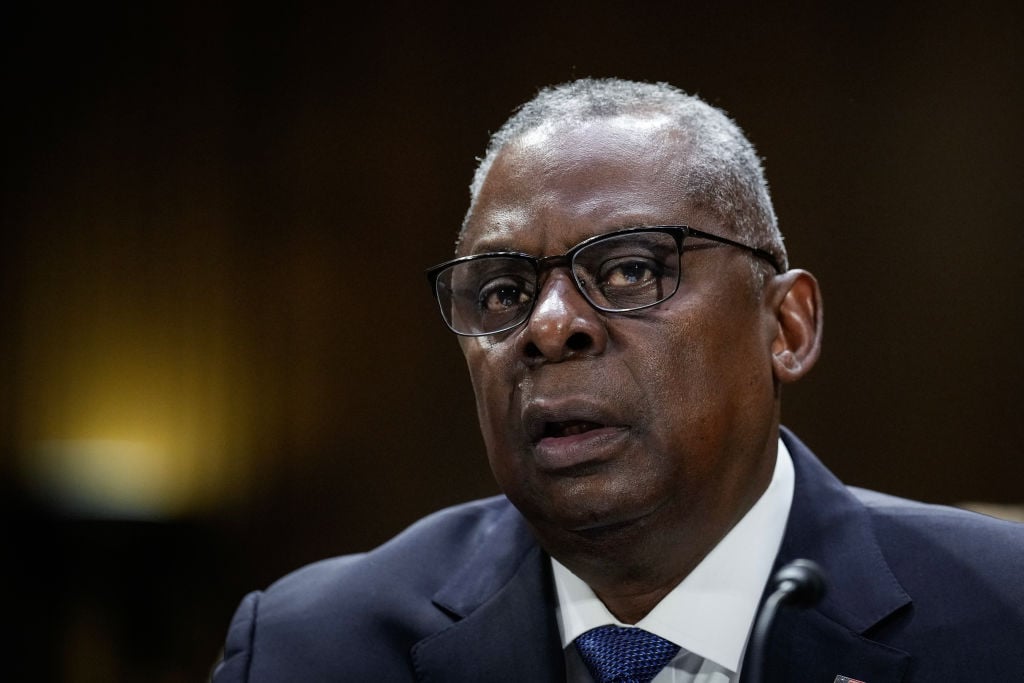Moments of singular drama don’t come often in American history. But the convention speech that Joe Biden will give tonight has all the right ingredients. An economic recession of huge magnitude. A lethal scourge that has killed far more Americans than the Vietnam war did. A long overdue reckoning with racism. And an upcoming election that could be among US history’s most consequential.
Biden could squander this moment, or rise to it. Whether his acceptance speech lives on in memory—worthy of study for future Americans, who might seek wisdom and truth from a crisis by peering into our very unfortunate present—will come down to what past year Joe Biden believes that 2020 is like.
If it’s 1980 or 1992, Biden’s moment will fall flat. Those were years in which two presidential challengers—Ronald Reagan and Bill Clinton—tried to re-introduce their brand of politics to the American people. Government is “taking more of your money and giving you less in service,” Clinton told Americans in his Third Way credo. Reagan painted a picture of “government which has utterly refused to live within its means.”
Both conventions were dedicated to a rebranding, of sorts: First, a rebranding of their party’s core ideology—Reaganism and Clinton’s New Democrats—but also a rebranding of their opponents. Both men castigated the sitting presidents as inept dinosaurs. (As an aside, it is telling how the scorn modern Republicans have for Jimmy Carter is not so far apart from their feelings for George H.W. Bush.)
But Trump doesn’t need a rebranding. The country knows who the President is—his indecency and lies, his malign incompetence, his facile cruelty—and it knows that we are in a crisis. In times of crisis, what the country needs from its leaders is not rebranding, but mending.
“We’re sick in every way right now,” says Ted Widmer, a former speechwriter and advisor to Bill Clinton as President, and to Hillary Clinton as Secretary of State. Widmer, now an acclaimed historian, is author of the new book, Lincoln on the Verge: Thirteen Days to Washington—an account of how Abraham Lincoln tried to unify the country in the days before his inauguration. For Biden to achieve something similar, Widmer thinks Americans need to hear the words of a specific kind of person: a healer.
A healer is “a serious person—who knows his or her craft very well,” he says. A healer is someone who can offer “sober acknowledgement” of our sickness. And a healer can tell us how, and when, we will recover.
In history, Widmer sees a kind of paradox. During past conventions, presidential candidates have treated their nominations as a kind of jubilee. “There’s a long tradition for this speech to be a kind of happy, unifying moment,” says Widmer—a celebratory night. But 2020 is hardly a time for balloons and confetti.
The moment reminds Widmer of 1932: an economic depression then in its third year, a sense of “gnawing fear” among Americans, and a sitting president, Herbert Hoover, who, as Michelle Obama might say, was “was in over his head.” The analogy to 1932 is clear: “We’re really lost and we need grownups to put us back on the right path,” says Widmer. “FDR did that in 1932″—ending his nomination speech by introducing a new phrase into the American lexicon: New Deal.
Not unlike FDR, Biden’s first task is to tell Americans how we’ll climb out of a terrible situation—in this case the pandemic. “We’ve been waiting so long just to hear a grownup,” says Widmer. “It’s a welcome chance to hear what we have never heard: a coherent national policy for Covid.”
And yet Widmer sees a big difference from 1932. Biden’s speech will sail into the headwinds of another kind of crisis—the lost faith in American government. The Right’s abhorrence of government comes from its contemptuousness: By giving us Trump, this reasoning goes, government is getting what it deserves. But recently, the axioms of the Left have spelled out another kind of distrust of government: betrayal. The mistakes—or, often enough, intentional harms—of government are being re-aired in public discourse, and are facing a new reckoning, from racial redlining in government housing programs to unfair loan practices to criminal sentencing laws.
Biden wasn’t present—or responsible—for all of these failings. But his tenure in government is long enough to have been on the wrong side of several.
In Widmer’s view, informing the country that we are in a crisis is the easy part of Biden’s job. The hard part is not simply telling Americans how we’ll climb out, but why it’s worth getting better: that a healthy America is better for the world than a sick America, because America—even with the stains of racism, classism, and now Trumpism—is somehow, at its core, still good.
This tightrope—a speech that tells the country how sick we are, but also how far we’ve come—is what Widmer thinks Biden will have to walk. “There’s a lot that someone could say to paint a better picture of not just what America can be as a society, but what the government of the United states can do,” he says. In the same period that America was preferentially ushering some into the American Dream and prejudicially keeping others out, says Widmer, it was building the highway system; revering science and pioneering spaceflight; catalyzing the environmental movement; and inventing the best higher education system on earth. It was passing the Civil Rights Act, Americans With Disabilities Act, and Violence Against Women Act. True enough, Americans can demolish parts of these accomplishments, and we occasionally do. But just as often, we can build them back.
What Americans need to hear, Widmer thinks, is “a parent by the bedside” of a sick child: an authority figure who can tell the country that they will get well soon, but also remind them of things that made life worth living—why getting well is, in the end, worth it.
“Just to hear a grownup telling us how we will get better,” says Widmer, “that would be unusual. And it would be difficult.”
“But it would be really welcome,” adds Widmer, “if he could pull it off.”

















